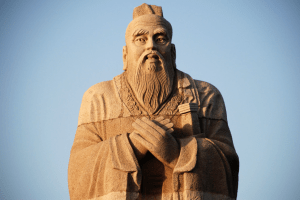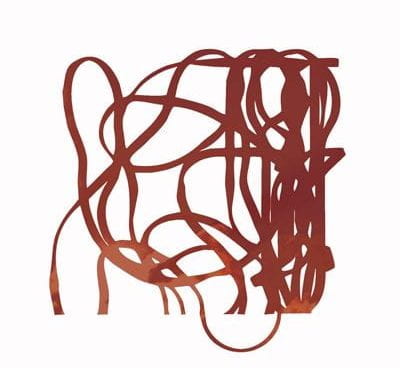
My name is Wasima and I am a student at Goldsmiths, University of London.
I took the Chinese Philosophy course in my second year of university; the module focused on Confucianism and Taoism.
As my undergraduate degree is in Economics I decided to venture out and try out a module in a different department in order to broaden my academic knowledge and uncover the links between Chinese philosophy and Economics. I found Confucianism – the way of life instilled in Chinese culture from the earliest centuries – to show a real connection to the principles of Economics.
Mencius, who was one of the Confucian disciples, was a major contributor to Confucian thought. He advocated for the division of labour; a process later coined by Adam Smith and stated that a skill set an individual possesses is that which they should practice.
Adam Smith is one of the forefathers of Classical Economics and it was valuable to understand that his school of thought actually appeared much earlier, during the era of Confucianism.
It was also interesting to understand how the Confucian culture is still important in modern society today – the topic of the assessment piece of this module. Writing this piece really helped me grasp the importance of Chinese Philosophy, as there is still so much relevance to it today.
Advocating for those who possess a certain skill to trade in that skill is still relevant today as qualifications obtained by individuals determine where they are employed within the labour market, as different qualifications and skills are suitable to specific sectors. Hence, this principle that allowed for success in the organisation of the Confucian state, has continued to be successful in society today.
Overall, it was a great module and helped me explore a different dimension during my degree.

Wasima is currently studying her final year of her BA Economics degree with the Institute of Management Studies here at Goldsmiths. She took the optional contextual credit course module, Chinese Philosophy – Confucianism and Taoism, with Goldsmiths Confucius Institute in her second year.
